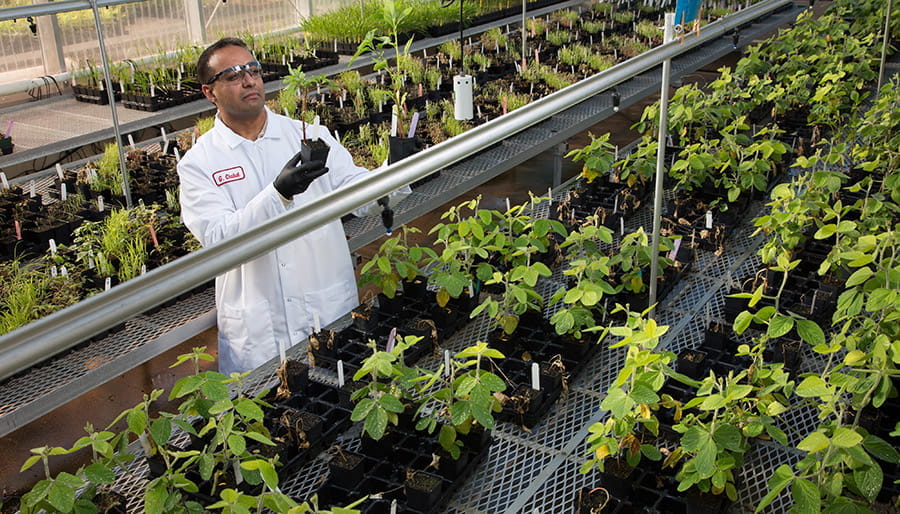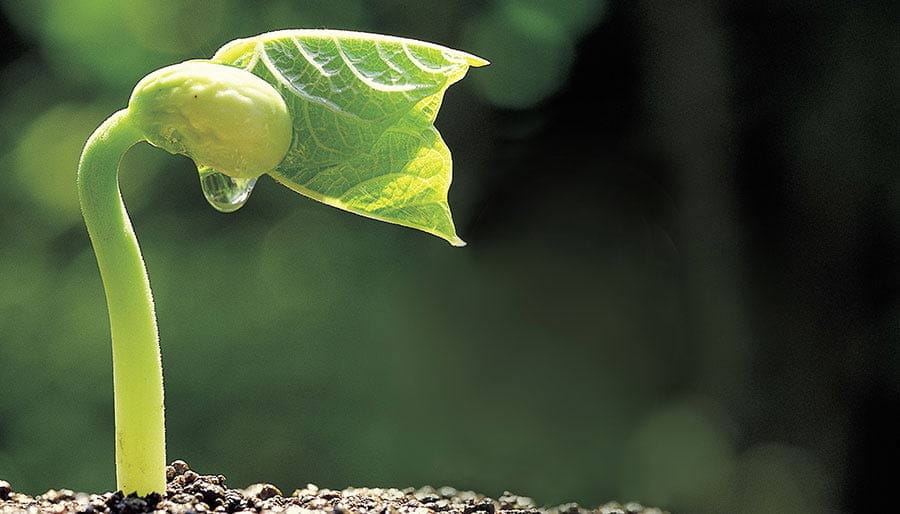How are climate and biodiversity becoming part of the value proposition to customers?
Microbial solutions allow growers to produce more with less environmental impact and fewer residues on crops, ultimately improving the quality and profitability of the food they produce. Growers around the world are concerned about climate change since this can impact their production due to drought, flooding, excessive heat, frost, etc., so they are taking a genuine interest in producing sustainably, which is also in line with consumer preferences and pressure from companies in the food value chain. We’re working with Chr. Hansen to bring bio solutions to growers to support them in changing practices towards regenerative agriculture in balance with nature.
These solutions improve the quality and health of the soil while preserving the microbial biodiversity that exists there. Not only can this reduce the need for fertilizers, hence reducing potential ground water contamination. A good soil microbiota also makes a plant more resilient, so a healthy, diverse soil microbial flora can even help manage climate change by making the crops more active in capturing CO2 from the atmosphere.





